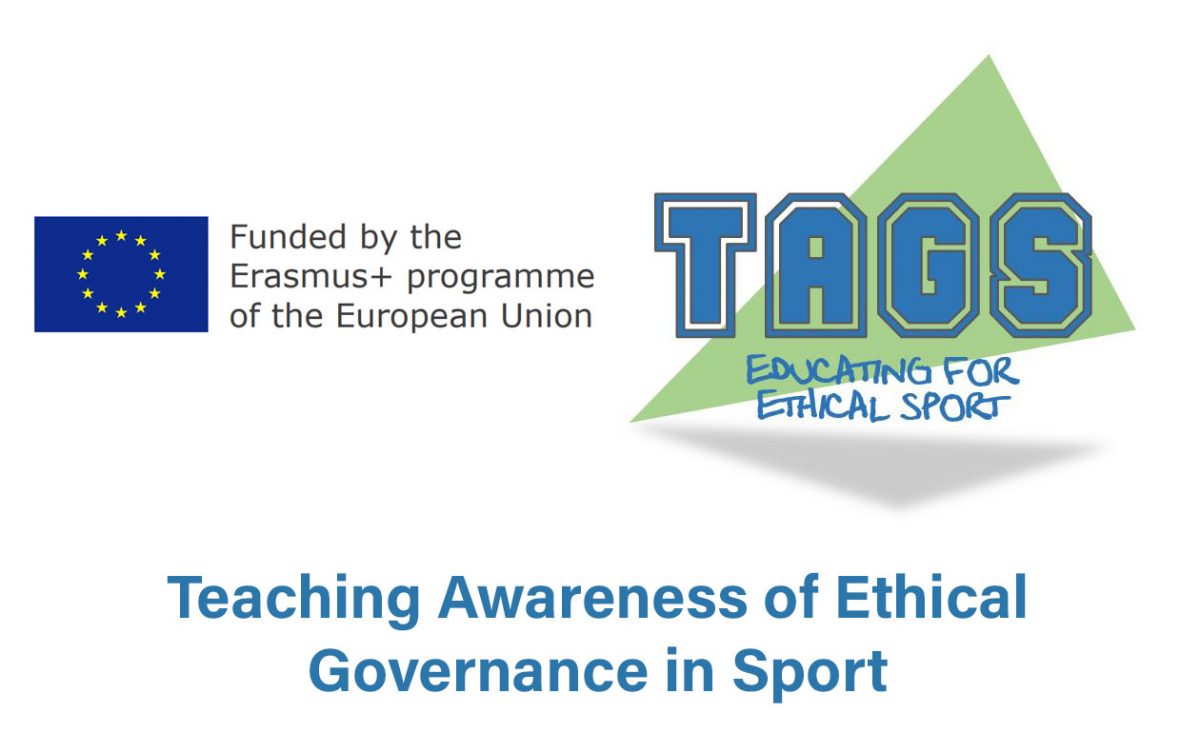Porter v Magill [2001] UKHK 67
This case established the modern UK law definition of apparent bias. The issue considered by the court in this case was whether the findings of an audit into the accounts of Westminster City Council could be quashed because comments made by the auditor appeared to be biased. This case established the two-stage test for apparent bias, which is whether the fair minded and informed observer would conclude that there was a real possibility of bias considering all relevant circumstances.
The FA v David Moyes [2017]
David Moyes was charged with misconduct following comments he made towards a female journalist which were alleged to be improper and/or threatening and/or brought the game into disrepute. This case also discussed the issue of bias as a principle of natural justice.
Modahl v BAF [2001] 1 WLR 1192
The case of Diane Modahl v British Athletics Federation led to the establishment of the Sports Dispute Resolution Panel (now Sport Resolutions). Ms Modahl and the BAF were both in significant financial difficulty after the case, and it was recognised that an organisation was required to provide an expert, speedy and cost-effective alternative to resolving conflict and dispute in sport.
Modahl brought a claim in breach of contract and negligence against the BAF. The issues before the court concerned the apparent bias of the Disciplinary Committee convened to determine her doping charge and whether a contractual relationship existed between Modahl and the BAF.
Bradley v Jockey Club [2004] EWHC 2164
The circumstances in this case involve allegations of match-fixing. Bradley argued that the penalties imposed on him by the Disciplinary Committee that determined his case were disproportionate and unlawful and significantly affected Bradley’s livelihood as a bloodstock agent.
Meca-Medina [2006] ECR I-6991
This is an important EU case which established primacy of EU law over sport federations. The claimants in this case, two swimmers, argued that the anti-doping rules of the International Olympic Committee and FINA were incompatible with EU competition rules and the freedom to provide services. Prior to this case, a sporting rule, which had an economic effect, was immune from application of EU law because it was a sporting rule.
Donà [1976] Case 13/76
Donà v Mantero is the oldest case included in the compendium. The matter was referred to the Court of Justice of the European Union for interpretation by an Italian Court in Rovigo. At issue was whether certain rules of the Italian Football Federation were compatible with Articles 7, 48 and 59 of the EEC Treaty1. Donà held that not every rule concerning sporting activity is affected by the EEC Treaty.
Union Royal Belge des Société’s de Football Association v Jean-Marc Bosman [1995] C-415/93
This case established what is known as the ‘Bosman rule’, which permits out-of-contract players to transfer to a new club without the need for a transfer fee to be paid. Bosman was a Belgian national who wished to transfer from his Belgian Football Club to a French Club. The two clubs agreed a contract. However, the Belgian club doubted the ability of the French club to pay the transfer fee. As such, the Belgian club never requested the transfer certificate from the Belgian national football association. The certificate was required to complete the transfer. Bosman was subsequently suspended from the Belgian Football Club and unable to play the entire season.
R (on the application of Darsho Kaur) v (1) Institute of Legal Executives Appeal Tribunal (2) Institute of Legal Executives [2011] EWCA CIV 1168
The Kaur case raised the issue of due process and apparent bias in disciplinary proceedings. Kaur was subject to allegations of cheating in exams and the Disciplinary Tribunal and ILEX Appeal Tribunal convened to determine her case, comprised ILEX council members and the vice-president. Kaur contended that this was in breach of the doctrine that no one may be a judge in his/her own case and/or of apparent bias.
